Under Section 304-B (dowry death) of the IPC, the minimum punishment is seven years but the maximum punishment can go up to life imprisonment.
The Supreme Court has taken a view that only in rare cases life imprisonment should be awarded to those convicted for causing the death of women in dowry-related cases.
A bench of Justice P Sathasivam and Justice HL Dattu passed the judgement while reducing to 10 years the life sentence imposed on GV Siddaramesh, convicted by a sessions court in Karnataka for causing the death of his wife Usha.
Under Section 304-B (dowry death) of the IPC, the minimum punishment is seven years but the maximum punishment can go up to life imprisonment.
Citing the judgement of a three-judge bench in the "Hemchand V State of Haryana" case, the apex court said Section 304 B merely raises a presumption of dowry death and lays down that the minimum sentence should be seven years which may extend to imprisonment for life.
"Therefore, awarding the extreme punishment of imprisonment for life should be used in rare cases and not in every case," it said, citing its observation in the earlier case.
In the present case, the Supreme Court said since Siddaramesh was a young man, it would be appropriate if his sentence is altered to 10 years as against the life imprisonment imposed by the trial court.
Usha who got married to Siddaramesh on December 13, 1997, committed suicide by hanging herself at their matrimonial home on January 17, 1998 within a month of the marriage.
She took the extreme step on account of the mental torture meted out to her by Siddaramesh who was demanding an additional Rs 50,000 dowry.
The sessions court convicted Siddaramesh under various sections including 304B and awarded the life imprisonment. The Karnataka high court confirmed the sentence following which he appealed to the apex court.
The convict took the plea that his wife committed suicide as she was against their marriage, since Usha had a love affair with another man.
However, the apex court rejected the argument and said the prosecution had been able to prove the charge against him and as such his plea of innocence cannot be countenanced.
"In conclusion, we are satisfied that in the facts and circumstances of the case, the appellant was rightly convicted under Section 304-B IPC. However, his sentence of life imprisonment imposed by the courts below appears to us to be excessive.
"The appellant is a young man and has already undergone six years of imprisonment after being convicted by the additional sessions judge and the high court. We are of the view, in the facts and circumstances of the case, that a sentence of 10 years rigorous imprisonment would meet the ends of justice," the apex court said while altering the sentence.
![submenu-img]() Pusha T, DIVINE to headline second edition of Gully Fest; details inside
Pusha T, DIVINE to headline second edition of Gully Fest; details inside![submenu-img]() This small country has earned more wealth than US, UK, India, China, since 2010, name will leave you surprised
This small country has earned more wealth than US, UK, India, China, since 2010, name will leave you surprised![submenu-img]() Moin Khan slams Pakistan legend for demoralising son Azam Khan for this reason
Moin Khan slams Pakistan legend for demoralising son Azam Khan for this reason![submenu-img]() Yuvraj Singh picks this India star 'to bat for his life'; it's not Virat Kohli, MS Dhoni
Yuvraj Singh picks this India star 'to bat for his life'; it's not Virat Kohli, MS Dhoni![submenu-img]() CBSE issues show-cause notices to 27 schools in Rajasthan and Delhi for...
CBSE issues show-cause notices to 27 schools in Rajasthan and Delhi for...![submenu-img]() Gyanvapi Masjid Dispute: 'ज्ञानवापी मस्जिद नहीं साक्षात...' जानिए yogi Adityanath ने किससे कर दी तुलना
Gyanvapi Masjid Dispute: 'ज्ञानवापी मस्जिद नहीं साक्षात...' जानिए yogi Adityanath ने किससे कर दी तुलना![submenu-img]() Arvind Kejriwal के बेल पर सियासी संग्राम जारी, संजय सिंह ने PM Modi पर साधा निशाना
Arvind Kejriwal के बेल पर सियासी संग्राम जारी, संजय सिंह ने PM Modi पर साधा निशाना![submenu-img]() IND vs PAK Hockey Match: टीम इंडिया ने पाकिस्तान को चटाई धूल, धांसू अंदाज में ली सेमीफाइनल में एंट्री
IND vs PAK Hockey Match: टीम इंडिया ने पाकिस्तान को चटाई धूल, धांसू अंदाज में ली सेमीफाइनल में एंट्री![submenu-img]() J&K Assembly election : 'आतंकवाद अपनी अंतिम सांसें गिन रहा...', तीन खानदानों में पिसती रही घाटी', डोडा की रैली में बोले PM मोदी
J&K Assembly election : 'आतंकवाद अपनी अंतिम सांसें गिन रहा...', तीन खानदानों में पिसती रही घाटी', डोडा की रैली में बोले PM मोदी![submenu-img]() Tumbbad 2 Teaser: 'प्रलय आएगा' फिर से आपकी रूह को झकझोर देगी फिल्म, और भी डरावना होगा सीक्वल
Tumbbad 2 Teaser: 'प्रलय आएगा' फिर से आपकी रूह को झकझोर देगी फिल्म, और भी डरावना होगा सीक्वल![submenu-img]() Ford to return to India after 2 years with reopening of....
Ford to return to India after 2 years with reopening of....![submenu-img]() Maruti Suzuki launches new Swift CNG, check price, mileage, other features
Maruti Suzuki launches new Swift CNG, check price, mileage, other features![submenu-img]() ‘30 LPA, 3BHK, no in-laws’: Woman earning Rs 1.32 lakh salary lists demands for future husband, netizens say...
‘30 LPA, 3BHK, no in-laws’: Woman earning Rs 1.32 lakh salary lists demands for future husband, netizens say...![submenu-img]() In a big EV push, Centre launches Rs 10900 crore PM E-Drive scheme to replace…
In a big EV push, Centre launches Rs 10900 crore PM E-Drive scheme to replace…![submenu-img]() World’s longest car has helipad, swimming pool, mini-golf course, can seat over…; it cost…
World’s longest car has helipad, swimming pool, mini-golf course, can seat over…; it cost…![submenu-img]() CBSE issues show-cause notices to 27 schools in Rajasthan and Delhi for...
CBSE issues show-cause notices to 27 schools in Rajasthan and Delhi for...![submenu-img]() Meet IAS officer, who topped in 10th, 12th, CLAT, received gold medals by CJI, cracked UPSC exam with AIR...
Meet IAS officer, who topped in 10th, 12th, CLAT, received gold medals by CJI, cracked UPSC exam with AIR...![submenu-img]() Meet woman who cleared UPSC exam at 23 with AIR 94, but didn't become IAS officer due to...
Meet woman who cleared UPSC exam at 23 with AIR 94, but didn't become IAS officer due to...![submenu-img]() Meet man, son of juice seller, grew up with limited resources, led carefree life, then cracked NEET in 3rd attempt...
Meet man, son of juice seller, grew up with limited resources, led carefree life, then cracked NEET in 3rd attempt...![submenu-img]() CAT 2024 registrations to end today: Check eligibility, steps to apply and more
CAT 2024 registrations to end today: Check eligibility, steps to apply and more![submenu-img]() Jaishankar: EAM Dr. S. Jaishankar On India-China Relations & Disengagement Problems | Ladakh
Jaishankar: EAM Dr. S. Jaishankar On India-China Relations & Disengagement Problems | Ladakh![submenu-img]() Trump vs Harris: Donald Trump Says He Will Not Debate Kamala Harris Again | US Presidential Debate
Trump vs Harris: Donald Trump Says He Will Not Debate Kamala Harris Again | US Presidential Debate![submenu-img]() Delhi Gym News: Afghan-Origin Gym Owner Shot Dead In Delhi | Caught On CCTV
Delhi Gym News: Afghan-Origin Gym Owner Shot Dead In Delhi | Caught On CCTV![submenu-img]() Malaika Arora Father Death: Anil Mehta's Final Words To His Daughter Malaika Arora
Malaika Arora Father Death: Anil Mehta's Final Words To His Daughter Malaika Arora![submenu-img]() Chandigarh Blast: Grenade Explosion In Sector 10; Auto Driver Arrested, Investigation Ongoing
Chandigarh Blast: Grenade Explosion In Sector 10; Auto Driver Arrested, Investigation Ongoing![submenu-img]() How Harshita Transformed SMS Collections at a Leading Financial Institution
How Harshita Transformed SMS Collections at a Leading Financial Institution![submenu-img]() Engineering Excellence: An In-Depth Conversation with Swetha Singiri
Engineering Excellence: An In-Depth Conversation with Swetha Singiri![submenu-img]() Meet man, who became crorepati in his 20s, bought luxurious cars, then lost it all due to…
Meet man, who became crorepati in his 20s, bought luxurious cars, then lost it all due to…![submenu-img]() Rajkumar: Revolutionizing the IT Landscape through Innovation and Impact
Rajkumar: Revolutionizing the IT Landscape through Innovation and Impact![submenu-img]() SEBI chief, her husband term all allegations against them as 'false, incorrect, malicious and motivated'
SEBI chief, her husband term all allegations against them as 'false, incorrect, malicious and motivated'![submenu-img]() Deepika Padukone, Ranveer Singh pose with their newborn baby girl in photoshoot? Here's the truth behind viral pictures
Deepika Padukone, Ranveer Singh pose with their newborn baby girl in photoshoot? Here's the truth behind viral pictures![submenu-img]() 7 most common things people have left behind in hotel rooms
7 most common things people have left behind in hotel rooms![submenu-img]() Mukesh Ambani's daughter-in-law Radhika Merchant wore her sister Anjali's necklace for the wedding, here's why
Mukesh Ambani's daughter-in-law Radhika Merchant wore her sister Anjali's necklace for the wedding, here's why![submenu-img]() Bollywood's biggest villain was a clerk; rejected for being 'too scary', later became richer than heroes, net worth is..
Bollywood's biggest villain was a clerk; rejected for being 'too scary', later became richer than heroes, net worth is..![submenu-img]() Meet Akshay Kumar's 'sister', 90s pop star who gave blockbusters at 16; left films forever at career’s peak, is now...
Meet Akshay Kumar's 'sister', 90s pop star who gave blockbusters at 16; left films forever at career’s peak, is now...![submenu-img]() Maharashtra leads FDI with Rs 70,995 crore in Q1FY25
Maharashtra leads FDI with Rs 70,995 crore in Q1FY25![submenu-img]() Travel Insurance 2024: Stress-free US trip for Indian travelers
Travel Insurance 2024: Stress-free US trip for Indian travelers![submenu-img]() Delhi CM Arvind Kejriwal walks out of Tihar Jail after 6 months as SC grants bail in excise policy case
Delhi CM Arvind Kejriwal walks out of Tihar Jail after 6 months as SC grants bail in excise policy case![submenu-img]() Port Blair, capital of Andaman and Nicobar Island get a new name, know what it is
Port Blair, capital of Andaman and Nicobar Island get a new name, know what it is![submenu-img]() Petronas takes lead in supercharging India’s energy transition
Petronas takes lead in supercharging India’s energy transition










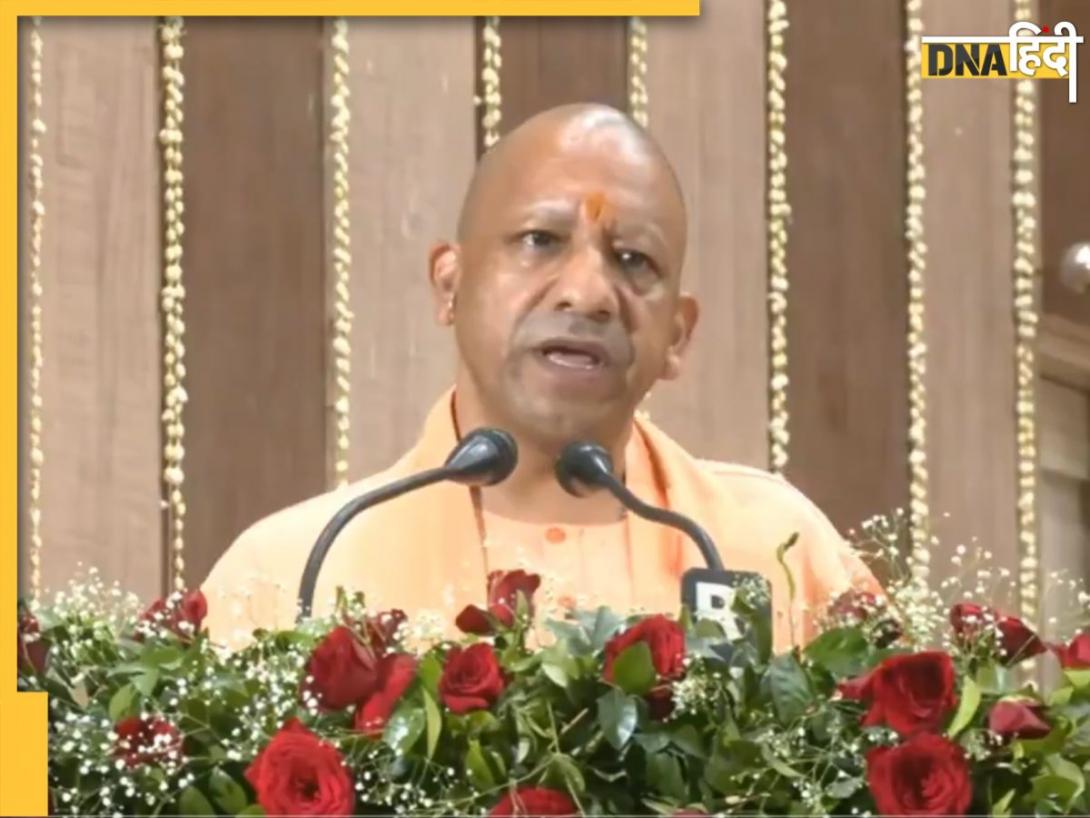



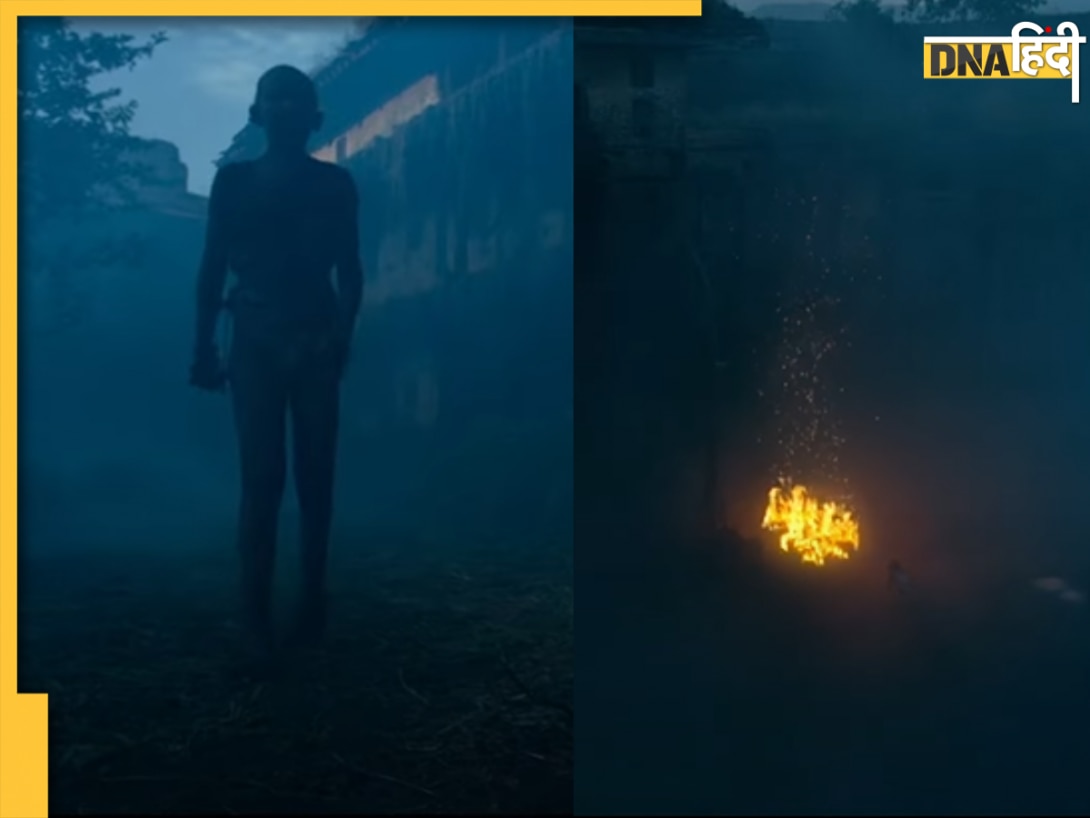







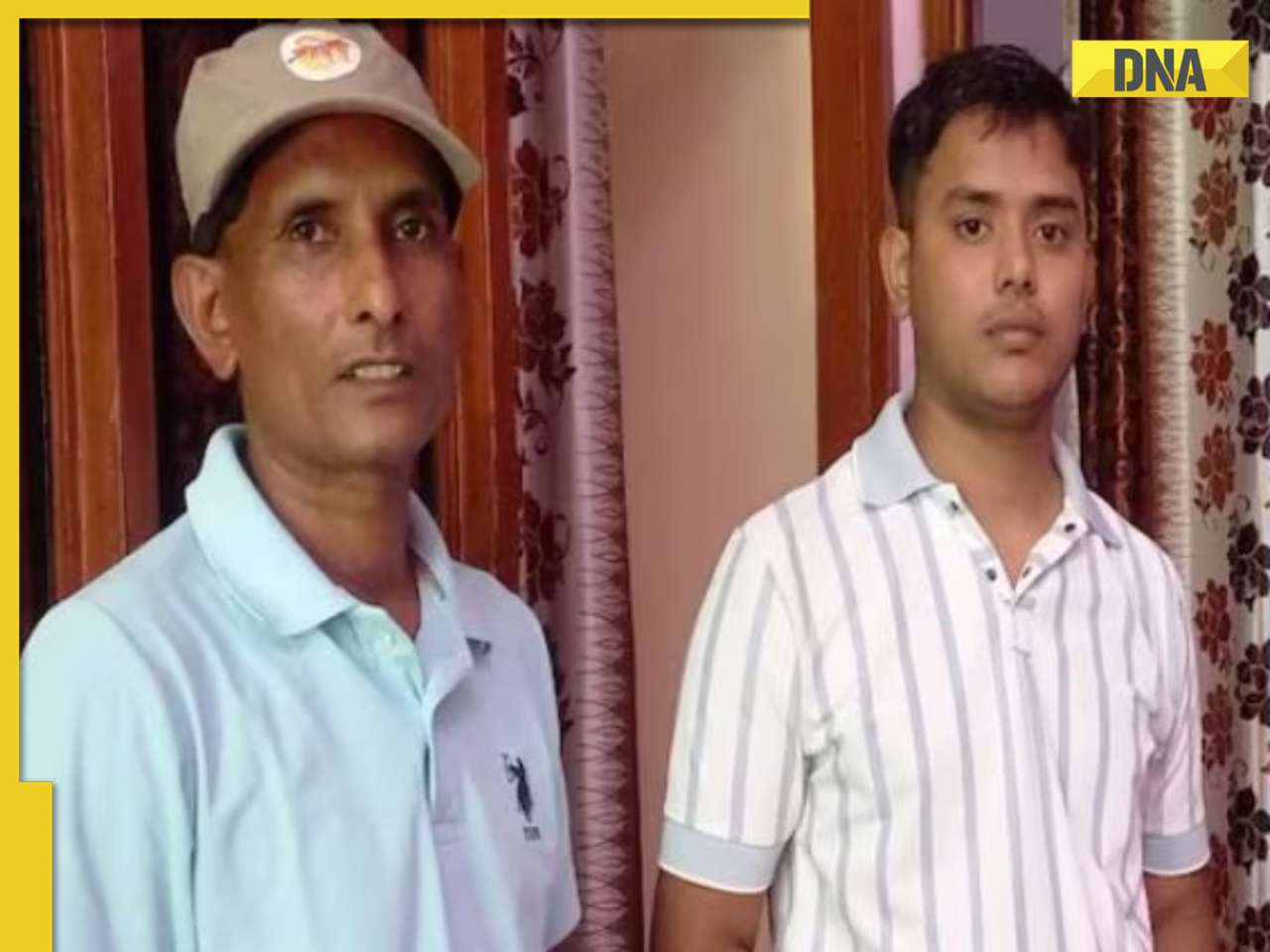

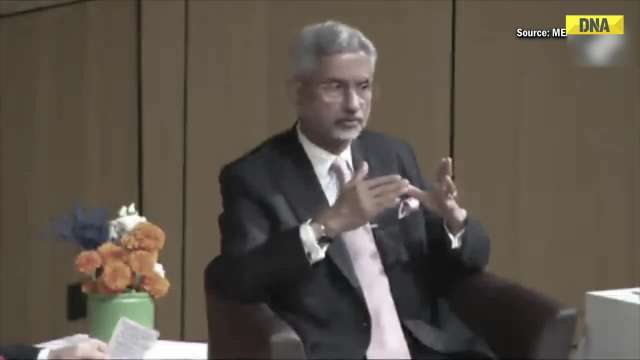







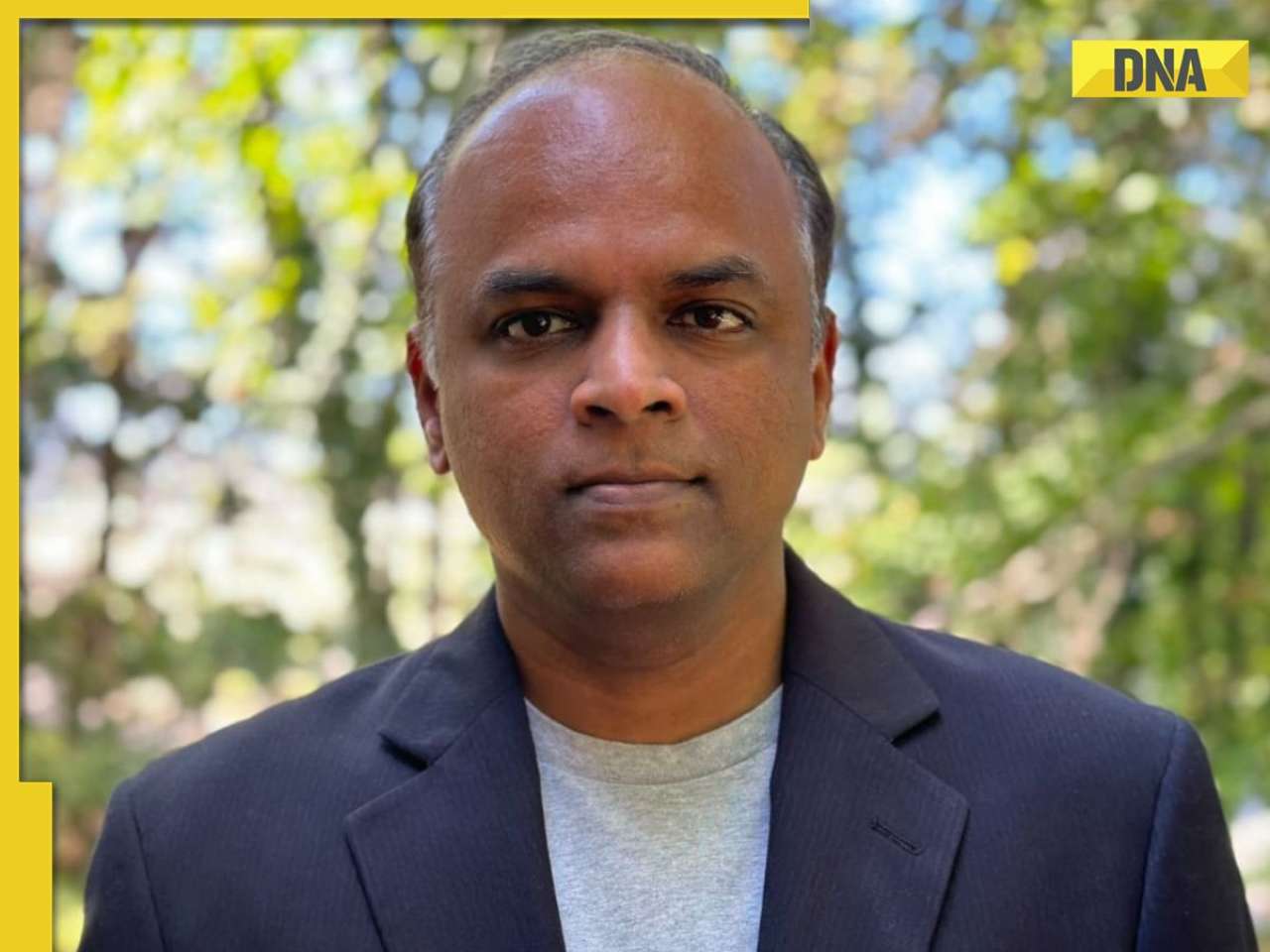
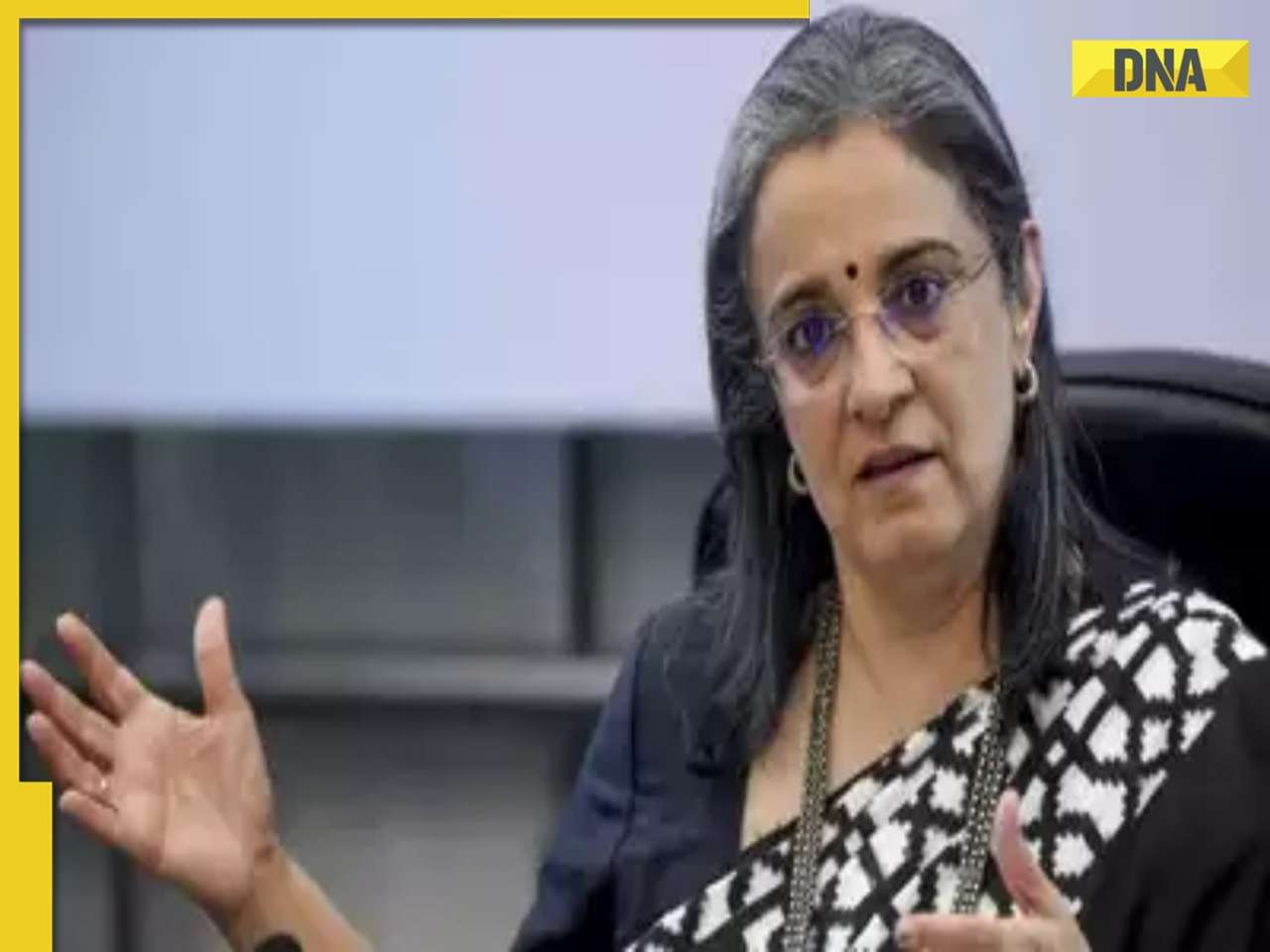












)
)
)
)
)
)
)
)
)
)
)
)
)
)





)
)
)
)
)
)